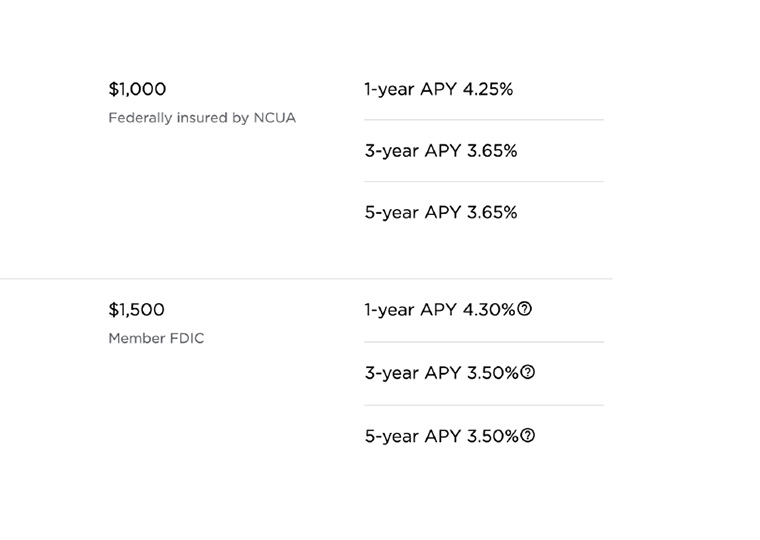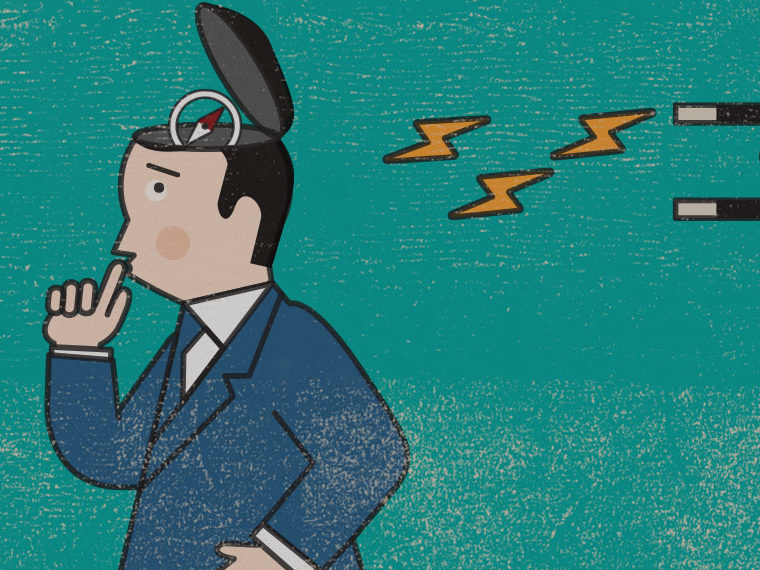To many, yes, and that belief leads to lower levels of financial well-being
Researchers have spent decades rummaging around inside the American brain trying to figure out how to persuade people to save more money for retirement and for life’s unpleasant surprises. Studies have focused on the ills of lifestyle creep (spending more as one makes more), personality and behavioral battles with self-control, financial literacy, and the penchant for materialism.
But an economy doling out flat wages for decades has meant researchers are sailing into the wind: Before COVID-19, the Center for Retirement Research at Boston College estimated that half of U.S. households weren’t on track to have enough for retirement. Since the pandemic, that estimate has risen to 55%. Assuming the general shape of the economy doesn’t change, could another kind of behavioral nudge help people save more?
Against this backdrop, London School of Economics’ Heather Kappes, University of Colorado at Boulder’s Joseph Gladstone and UCLA Anderson’s Hal Hershfield explored across six experiments the extent to which people believe spending signals wealth and how that belief impacts one’s own spending.
Opt In to the Review Monthly Email Update.
This belief varies widely in people, they found. What’s more, they found those who identify more with spending as a signal of wealth are more prone to spend on nonessential items than people who don’t think spending implies wealth (referred to as SIW in their research).
“We are not arguing that everyone who endorses a strong SIW belief will spend ‘beyond their means’; rather, we expect a strong SIW belief to lead people to spend more — more lavishly — than they otherwise would, Kappes, Gladstone and Hershfield write in a paper forthcoming in the Journal of Consumer Research. “Downstream, those who spend more lavishly (holding their income constant) will have less set aside in savings and are thus more likely to struggle to meet their financial commitments and to become financially vulnerable in terms of inability to fund emergency expenses.”
The experiments were conducted using residents in the U.K. where average household debt is actually higher, relative to income, than in the U.S. The U.K. also has a robust consumer lending industry — which tends to go hand in hand with borrowing.
In one experiment, the researchers asked more than 2,200 customers of an online bank to weigh in on the statement, on a scale of 1 (strongly disagree) to 7 (strongly agree), “I think people who spend more are wealthier than people who spend less.” The median score was 3.06. They were then able to overlay each person’s response with their actual spending for 12 months. Spending was sorted into more than 200 categories and scored from very frugal (1) to very lavish (7). The average category rating was 4.94. Among the categories deemed lavish were designer clothes (6.27), jewelry (5.82) and airline flights (5.39).
They then calculated each participant’s lavish spending relative to their overall spending. Those who reported a strong belief (above a set threshold) that spending implies wealth spent 13% more on lavish items than people who had a below average SIW. The extra spending on lavish goods worked out to an average of about $400 over the year.
And it wasn’t entirely benign spending. Using a measure of financial hardship developed by the Consumer Finance Protection Bureau, the researchers’ analysis showed the stronger one’s belief that spending implies wealth, the lower one’s self-reported sense of financial well-being.
Another experiment explored whether being coaxed into a given perception that SIW would impact spending decisions. Nearly 1,600 participants were asked to read a short article that had a headline, “Big spenders often more wealthy,” or “Big spenders often less wealthy.” Those presented with the notion that big spenders are often more wealthy recorded a higher SIW than those who were nudged that spending isn’t all that.
Everyone was then asked to imagine they received a $20,000 windfall and tasked with reporting how they would choose to use the $20,000 across seven options: Buy what I want or need, give to a charity or church organizations, give or lend to friends or family, travel, pay off debts, invest or save, or some “other” use.
Those with the lower attachment to SIW were more inclined to be financially virtuous, designating an average of nearly $11,956 toward debt reduction or investing/saving. Participants who were primed to have a higher belief in SIW, on average designated $11,225 toward either debt reduction or investing/saving.
Existing policy initiatives, such as increasing financial literacy, don’t seem to have significantly changed behavior. Combined auto loan and credit card debt — borrowing that does not finance an asset with upside potential (as opposed to a home mortgage or student loan) hit $2.2 trillion in 2020’s second quarter, up from $1.7 trillion at the end of 2008.
This latest research suggests policy nudges focused on spending beliefs might be useful. The apparent unhappiness — a low financial well-being score — that goes along with believing that spending implies wealth (and the associated higher lavish spending) is a potential target of policy.
“It may be that some of these resources can be redirected toward changing beliefs about what spending means,” the authors note.
Featured Faculty
-
Hal Hershfield
Professor of Marketing and Behavioral Decision Making
About the Research
Kappes, A., Gladstone, J., Hershfield, H. (2020). Beliefs About Whether Spending Implies Wealth.






